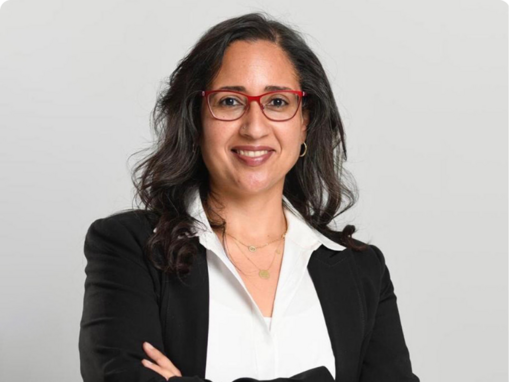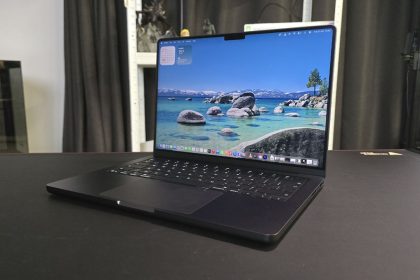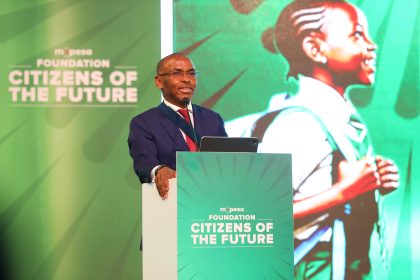MIT Kuo Sharper Center for Prosperity and Entrepreneurship has kicked off a historic 5-year collaboration with the Government of Botswana to strengthen the country’s innovation and entrepreneurial ecosystem.
Themed as a new calculus for global prosperity, MIT Kuo Sharper Center believes that entrepreneurship is not only a vehicle for sustainable economic growth, but is a pathway to deeper economic growth than development aid.
According to Dina H. Sherif, Executive Director of the MIT Kuo Sharper Center, “Botswana has made clear its intention to be a beacon for innovation and prosperity across Africa.From our conversations with the Honorable Vice President, Mr. Ndaba Nkosinathi Gaolathe, to the passionate young entrepreneurs in our bootcamp, we witnessed a national commitment to rewriting the narrative, not just for Botswana, but for Africa as a whole.”
The ten-day series of events in Botswana began with a reunion for the Center’s Foundry Fellowship, which brought together 22 Foundry Fellows, experienced entrepreneurs from across Africa who are now part of a lifelong community of fellows who are committed to strengthening and connecting innovation ecosystems on the continent.
At the heart of the trip’s programming was the Early-Stage Entrepreneurship Program, which brought together 31 Botswana-based startups at the Botswana Digital and Innovation Hub (BDIH).
The participants were selected from over 1,300 applications and represented sectors such as agriculture, climate resilience, health, and digital services.
The three-day, in-person segment of the program marked the start of a 12-week program, led by MIT faculty and Africa-based founders, designed to help participants refine their value propositions, develop scalable business models, and build the confidence needed to pitch to partners and investors both in Botswana and across the continent. For many, it was a highly transformative experience.
“This visit represents more than collaboration; it is a defining milestone for Botswana. It marks the building of bridges that will unlock new possibilities for our entrepreneurs, our citizens, and our economy.” said Permanent Secretary of the Ministry of Trade and Entrepreneurship Mr. Olesitse Masimega.
At the Botswana International University of Science and Technology (BIUST), the Center also officially launched its preparations for the replication of the MIT Kuo Sharper’s Center’s flagship Student Fellowship program, a year-long academic program designed to advance principled entrepreneurs through venture-building and leadership education and professional advising. The meetings also began preparation for the replication of the MIT Sandbox Program, which provides seed funding, mentorship, and venture-building support to student entrepreneurs.
MIT Sandbox’s Executive Director, Dr. Jinane Abounadi, and Director of Partnerships, Dr. Marwan Hassoun, also joined these pivotal meetings with core stakeholders at BIUST, including the Vice Chancellor, Professor Otlogetswe Totolo. Establishing these programs at BIUST will help build a robust pathway for cultivating principled, systems-minded innovators from the undergraduate level onward, who are prepared to create impact across the country and beyond.
“It has been a true pleasure getting to meet the various leaders from the government, universities, and industry in Botswana supporting this partnership.” Said Dr. Abounadi, “We had the opportunity to learn directly from students and faculty about their research, projects, and entrepreneurial ambitions. They are all enthusiastic about the potential of turning their ideas into impactful enterprises. We are looking forward to also giving the opportunity for our MIT students to interact with their Botswana counterparts and hope to see some collaborations emerging from those interactions.”
As the Center and its partners, the MIT Sandbox and MIT Regional Entrepreneurship Accelerator Program (REAP) continue to advance this historic agreement, they remain committed to co-creating a more sustainable and dynamic model for achieving prosperity, one grounded in local innovation and pan-African collaboration that can inspire the rest of the continent, to embrace a new calculus for global prosperity, one that positions Africa as an engine for growth and opportunity.
Reading This Now 568











